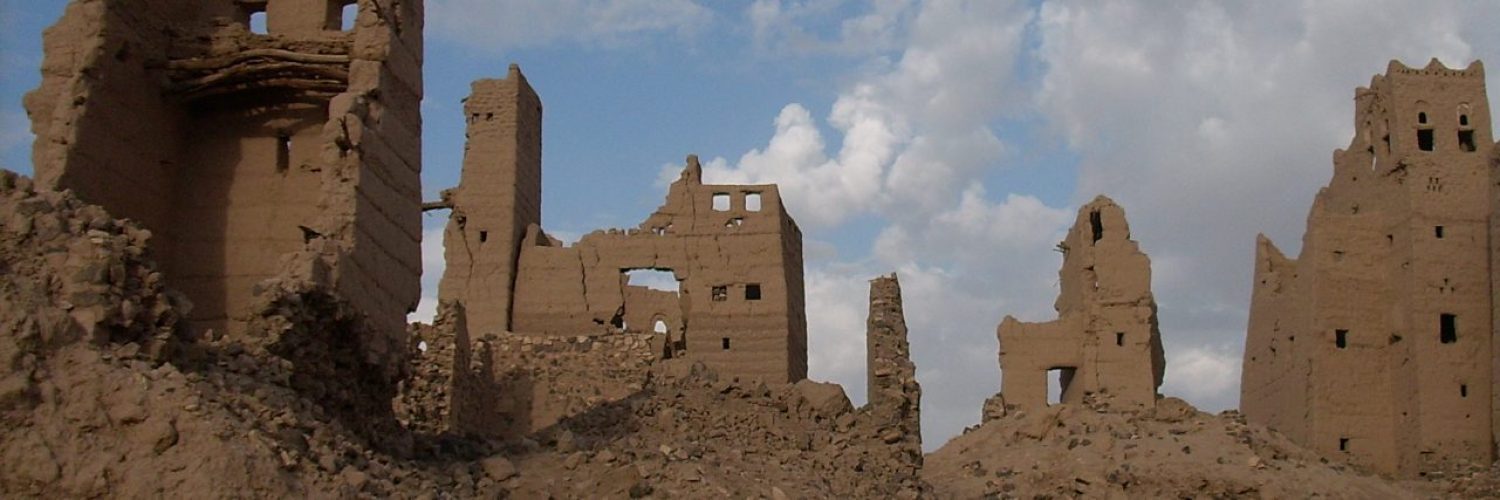
My Contribution to BRISMES Annual Conference 2016 – Networks: Connecting the Middle East through Time, Space and Cyberspace at the University of Wales Trinity St David, Lampeter Campus 13-15 July 2016
From the “virtual Umma” to statehood: The “Islamic State” as an answer to the challenges of modernity?
The “Arab Uprisings” of 2011 cannot be understood as the result of economic and political dissatisfaction of the populations of the Middle East alone. They must also be considered an expression of a long-term dilemma of the transnational idea of Muslim faith, which has yet to be solved: How should Islam as a whole relate to the modern world? Can and should Islam change? The current popularity of Jihadi-Salafism in general and the so-called “Islamic State’s” Weltanschauung (also: Daesh) in particular can be understood as a possible answer to this long-term challenge posed to Islam.
Over the past two decades, feelings of marginalization among Muslims in the Western world fueled the emergence of their identification with a “virtual Umma,” a transnational, collective identity defying time and place, offering a “feeling of belonging” instead of “feelings of alienation” (as it manifests in the Salafist image of al-ġarīb, the alien one. The paper explores how Daesh firstly, merges this “virtual Umma” with the traditional notion of the Muslim “Umma,” secondly applies it to its spatial aspirations of the “Caliphate” and thirdly, uses it to legitimize and thus justify excessive violence and promote its collective identity. As a consequence, the merger of “virtual” and “traditional Umma” is considered as one of Daesh’s most powerful sources of identity formation and thus an indispensable vehicle for its expansionist religious ideology.

Antworten